News
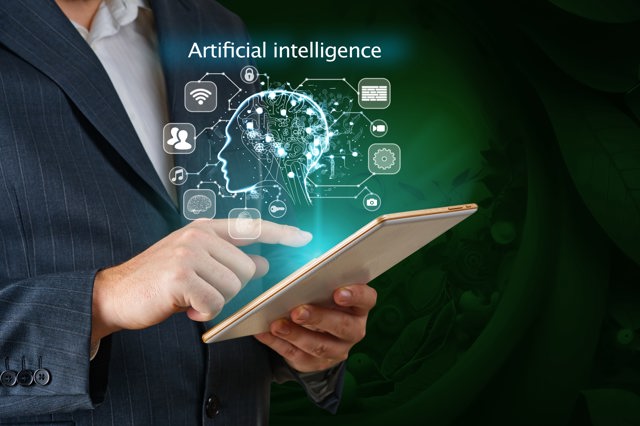
5 December 2023
Without investment, AI will remain science fiction here >
OpenAI launched ChatGPT one year ago. Since then, developments have been moving fast across the ocean - with all the consequences. As a guiding country, can the Netherlands develop AI on European values?
read more >
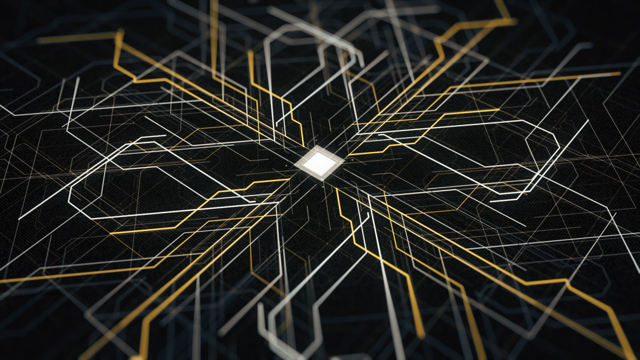
4 December 2023
The battle of directions at OpenAI: 'Profit chosen over responsible rollout' >
This week, OpenAI celebrated ChatGPT's first anniversary. But just last month, a major crisis seemed to put the company's future on the line. It exposed an internal directional battle that has not yet had its last word.
read more >
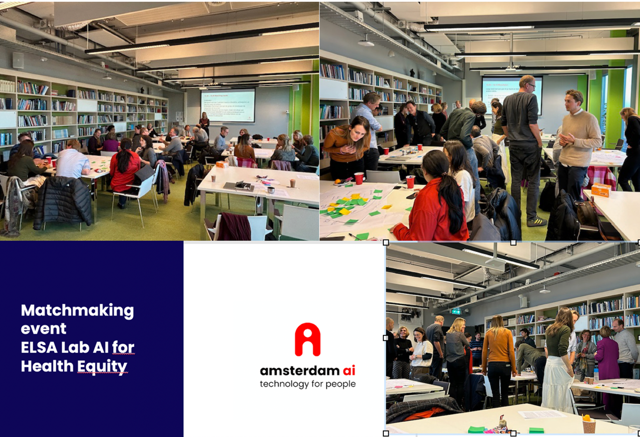
4 December 2023
Matchmaking event ELSA Lab AI for Health Equity >
On Friday, December 1, the ELSA Lab AI for Health Equity was presented during a matchmaking event. Prof. Dr. Julia van Weet (UvA), one of the initiators, briefly discussed the background and goals of the ELSA Lab.
read more >
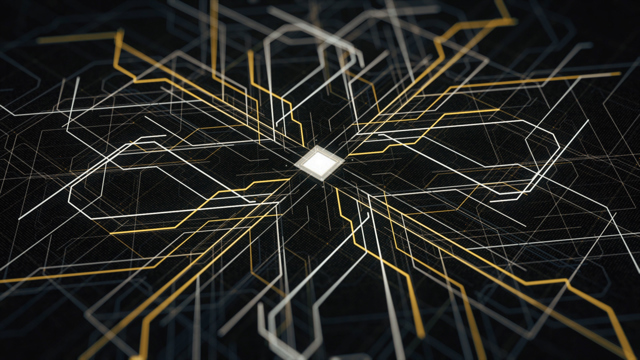
4 December 2023
'We need to preserve digital sovereignty of universities' >
Universities are increasingly dependent on commercial providers of digital services and technologies.
read more >
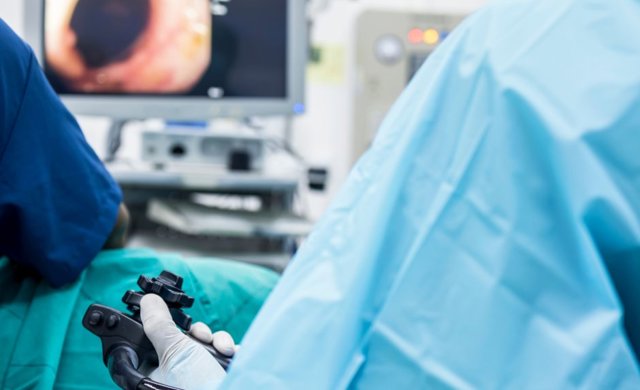
30 November 2023
AI system helps spot early-stage oesophageal cancer >
A new AI system can help endoscopists recognise oesophageal cancer early, according to a study by Amsterdam UMC and TU Eindhoven. "The earlier you recognise oesophageal cancer, the better the outcome for the patient," said Jacques Bergman, professor of endoscopy at Amsterdam UMC. "We are therefore very happy with this help from artificial intelligence."
read more >

29 November 2023
SME DATALAB 42: Start a Student Project >
Are you interested in working together with students on digitisation projects, which are affordable, flexible and add value? With as result a data driven company with business impact? Then the SME DATALAB 42 is an interesting option for you.
read more >

29 November 2023
Piyush Bagad receives KHMW Thesis Prize for Informatica and Informatiekunde >
Master AI alumnus Piyush Bagad is the recipient of the KHMW Thesis Prize for Informatica and Informatiekunde. During an award ceremony organized by the Koninklijke Hollandsche Maatschappij der Wetenschappen on 27 November, he will receive a prize of 3000 euros for his thesis entitled “It’s About Time: Time Awareness in Video Foundation Models”.
read more >
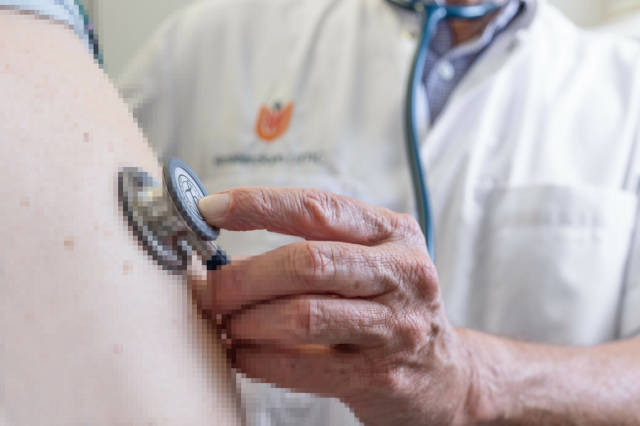
28 November 2023
How you can Quickly and precisely measure tumors, thanks to AI >
The CAESAR research group at Amsterdam UMC developed an AI tool that automatically shows liver tumors on CT scans of patients with colon cancer that has spread to the liver. This gives doctors quick insight into the size of the tumors. The fact that the tool is now being investigated in the doctor's daily practice is good news, as many AI tools remain stuck in the development phase. Researcher Michiel Zeeuw explains how this software came about.
read more >

28 November 2023
Vacancy: Tenure-track or tenured position in responsible AI >
Centrum Wiskunde & Informatica (CWI) is the Dutch national research institute for mathematics and computer science, based in Amsterdam. CWI strives to be a diverse and inclusive research institute. To achieve balanced representation in leadership positions, we will prioritize applications from women researchers (including identifying as) for a number of job openings we will have in the course of this year.
read more >
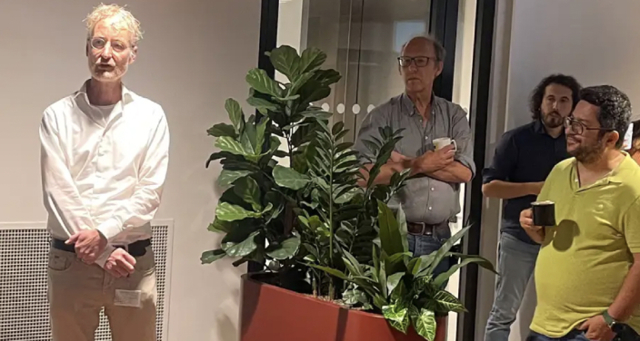
6 September 2024
CuspAI Introduces Itself at LAB42 >
On September 5, 2024, Max Welling and Chad Edwards, founders of CuspAI, presented their innovative company during the IvI coffee & cake gathering.
read more >
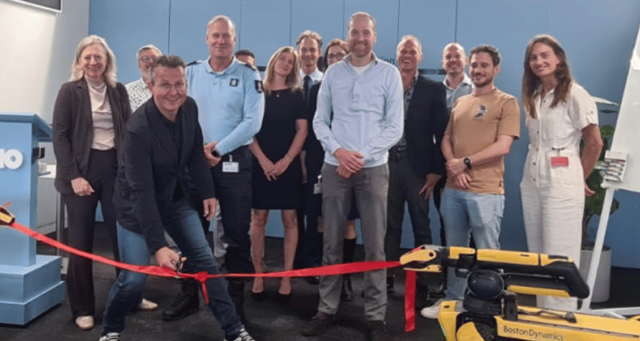
5 September 2024
Advanced AI for Surveillance Robots: A Collaborative Project by Dutch Institutions >
A consortium of leading Dutch research institutions and government agencies, including TU Delft, the University of Amsterdam, TNO, and the Royal Netherlands Marechaussee, has launched an ambitious project aimed at developing advanced artificial intelligence (AI) for surveillance robots. Officially initiated on September 4, the OpenBots consortium focuses on creating AI systems designed to assist human security officers in various security settings.
read more >
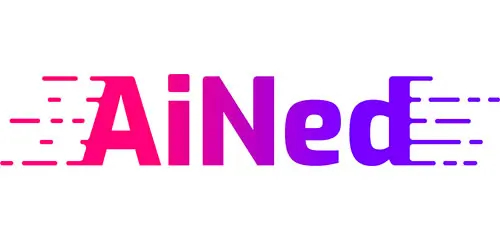
September 5, 2024
NeuroAI: Charlotte Frenkel explores the future of AI inspired by the human brain >
With the award of an AiNed Fellowship grant, Dr. Charlotte Frenkel from TU Delft delves into neuromorphic computing, pioneering research aimed at creating energy-efficient and powerful AI systems inspired by the human brain. This research bridges AI and neuroscience to develop faster, more energy-efficient, and smarter computing systems.
read more >
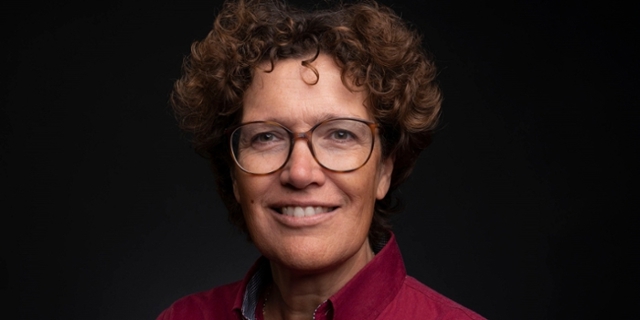
September 5, 2024
Essay: humans as principals: by Nando Piersma >
In an essay published by Nanda Piersma, Scientific Director of the Centre of Expertise Applied Artificial Intelligence at the Amsterdam University of Applied Sciences, she discusses the importance of humans as principals in the development of AI systems. Piersma takes a critical look at the current hype surrounding AI and advocates for a more responsible and practical approach to technological innovation.
read more >

September 5, 2024
Open Position at AI, Media & Democracy Lab: Postdoc Trustworthy Human-AI Interaction for Media and Democracy >
The AI, Media & Democracy Lab is looking for a postdoctoral researcher to advance trustworthy human-AI interaction within media and democratic contexts. This position focuses on the creation of transparent and ethical AI communication systems, aiming to support media users in a digital world where AI plays a crucial role.
read more >